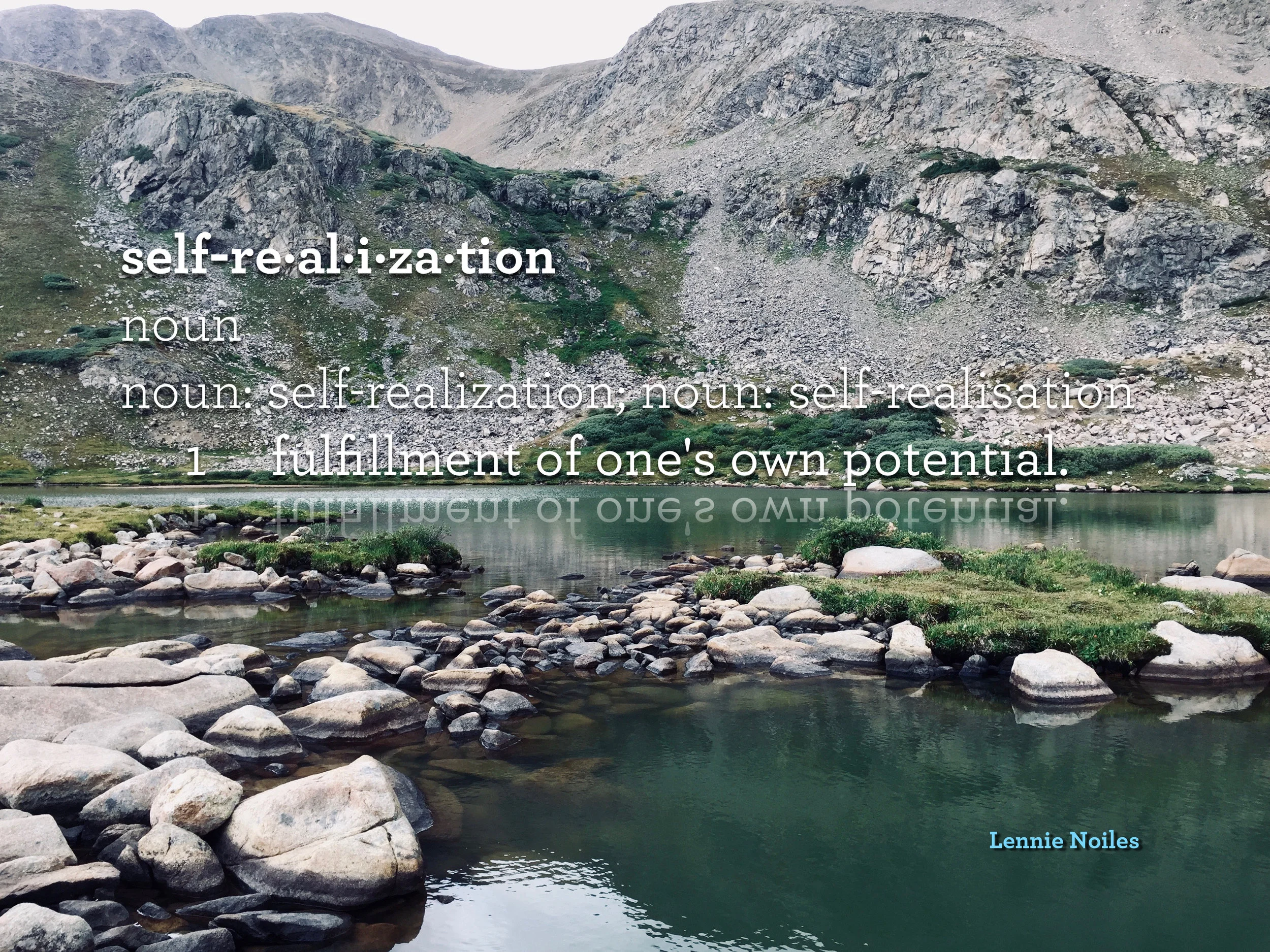The journey to get there requires two points: where you are and where you want to go. This exercise may help.
Step 1. Write your obituary at this point in time. (an obituary is your mini biography)
List family members and meaningful relationships.
Describe who you are, general biographical information, and accomplishments.
Make it personal and accurate.
What would be said at your eulogy?
What will others say about you - How will you be remembered?
Be brave and curious. Ask family and friends if it rings true. What are you missing?
The present obituary is the “you are here” point on the map. It does not include the potential of what you could do only what you did do up till this point in time.
Step 2. Write your future Obituary. This is what you want your life to reflect at the end.
Use the same list and questions as above but from your future lived life, the life you want to live. What made you laugh, what made you cry?
The future obituary is your desired destination - The who you want to be and what you want to accomplish. With each item ask, is this truly who I want to be?
The gap between these two points is your journey from present to future self. To prepare for the journey:
What steps will you take?
What skills will you need?
What obstacles might you encounter?
What help will you need?
Who will accompany you?
How will you proceed when the way is hard?
What beliefs will you need to change?
What brings you joy?
Who have you become?
The next step is yours.





